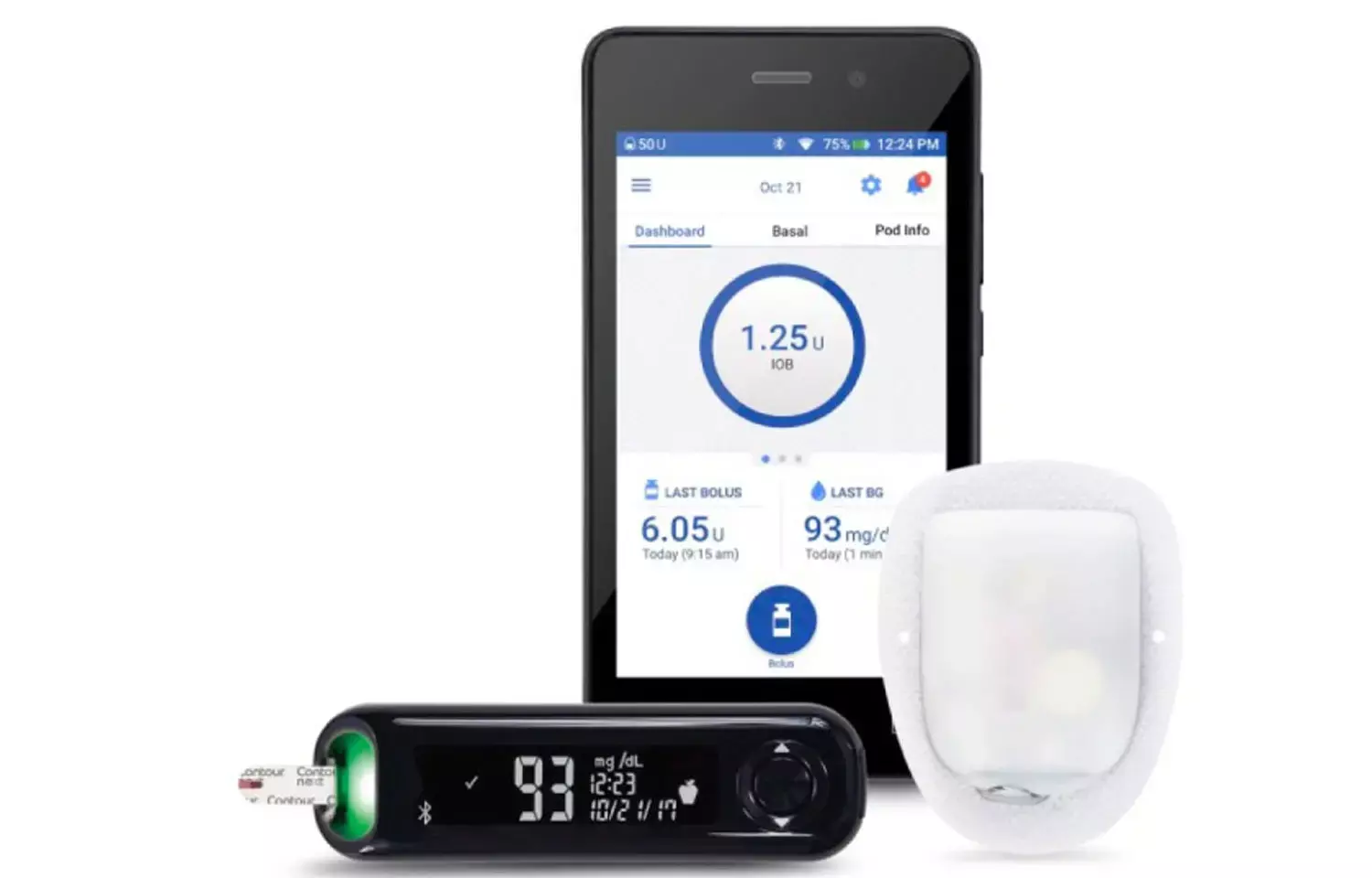- Home
- Medical news & Guidelines
- Anesthesiology
- Cardiology and CTVS
- Critical Care
- Dentistry
- Dermatology
- Diabetes and Endocrinology
- ENT
- Gastroenterology
- Medicine
- Nephrology
- Neurology
- Obstretics-Gynaecology
- Oncology
- Ophthalmology
- Orthopaedics
- Pediatrics-Neonatology
- Psychiatry
- Pulmonology
- Radiology
- Surgery
- Urology
- Laboratory Medicine
- Diet
- Nursing
- Paramedical
- Physiotherapy
- Health news
- Fact Check
- Bone Health Fact Check
- Brain Health Fact Check
- Cancer Related Fact Check
- Child Care Fact Check
- Dental and oral health fact check
- Diabetes and metabolic health fact check
- Diet and Nutrition Fact Check
- Eye and ENT Care Fact Check
- Fitness fact check
- Gut health fact check
- Heart health fact check
- Kidney health fact check
- Medical education fact check
- Men's health fact check
- Respiratory fact check
- Skin and hair care fact check
- Vaccine and Immunization fact check
- Women's health fact check
- AYUSH
- State News
- Andaman and Nicobar Islands
- Andhra Pradesh
- Arunachal Pradesh
- Assam
- Bihar
- Chandigarh
- Chattisgarh
- Dadra and Nagar Haveli
- Daman and Diu
- Delhi
- Goa
- Gujarat
- Haryana
- Himachal Pradesh
- Jammu & Kashmir
- Jharkhand
- Karnataka
- Kerala
- Ladakh
- Lakshadweep
- Madhya Pradesh
- Maharashtra
- Manipur
- Meghalaya
- Mizoram
- Nagaland
- Odisha
- Puducherry
- Punjab
- Rajasthan
- Sikkim
- Tamil Nadu
- Telangana
- Tripura
- Uttar Pradesh
- Uttrakhand
- West Bengal
- Medical Education
- Industry
Novel automated insulin delivery system well-tolerated in type 1 diabetes patients: Study

USA: A pivotal study of the first tubeless, on-body automated insulin delivery system with customizable glycemic targets found the system to be well tolerated. Also, its use was associated with reductions in hypoglycemia in adults-only, reduced A1c, and improved time in range in adults and children.
The findings of the study are published in the journal Diabetes Care.
Advances in diabetes technology have changed the treatment paradigm for type 1 diabetes patients, yet the disease burden is significant. Sue A. Brown, Division of Endocrinology, Center for Diabetes Technology, University of Virginia, Charlottesville, VA, and colleagues report on a pivotal safety study of the first tubeless, on-body automated insulin delivery system with customizable glycemic targets.
For this purpose, the researchers conducted a single-arm, multicenter, prospective study. It enrolled 112 children (age 6–13.9 years) and 129 adults (age 14–70 years). A 2-week standard therapy phase (usual insulin regimen) was followed by 3 months of automated insulin delivery.
Primary safety outcomes were incidence of severe hypoglycemia and diabetic ketoacidosis. Primary effectiveness outcomes were change in HbA1c and percent time in sensor glucose range 70–180 mg/dL ("time in range").
Key findings of the study include:
- A total of 235 participants (98% of enrolled, including 111 children and 124 adults) completed the study.
- HbA1c was significantly reduced in children by 0.71% (7.8 mmol/mol) and in adults by 0.38% (4.2 mmol/mol).
- Time in range was improved from standard therapy by 15.6 ± 11.5% or 3.7 h/day in children and 9.3 ± 11.8% or 2.2 h/day in adults. This was accomplished with a reduction in time in hypoglycemia <70 mg/dL among adults (median: 2.00% to 1.09%), while this parameter remained the same in children.
- There were three severe hypoglycemia events not attributable to automated insulin delivery malfunction and one diabetic ketoacidosis event from an infusion site failure.
"This tubeless automated insulin delivery system was safe and allowed participants to significantly improve HbA1c levels and time in target glucose range with a very low occurrence of hypoglycemia," wrote the authors.
Reference:
The study titled, "Multicenter Trial of a Tubeless, On-Body Automated Insulin Delivery System With Customizable Glycemic Targets in Pediatric and Adult Participants With Type 1 Diabetes," is published in the journal Diabetes Care.
DOI: https://care.diabetesjournals.org/content/early/2021/05/21/dc21-0172
Dr Kamal Kant Kohli-MBBS, DTCD- a chest specialist with more than 30 years of practice and a flair for writing clinical articles, Dr Kamal Kant Kohli joined Medical Dialogues as a Chief Editor of Medical News. Besides writing articles, as an editor, he proofreads and verifies all the medical content published on Medical Dialogues including those coming from journals, studies,medical conferences,guidelines etc. Email: drkohli@medicaldialogues.in. Contact no. 011-43720751


